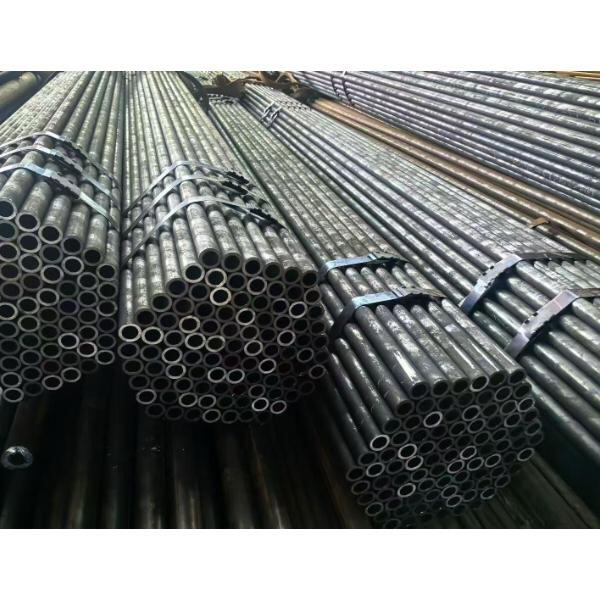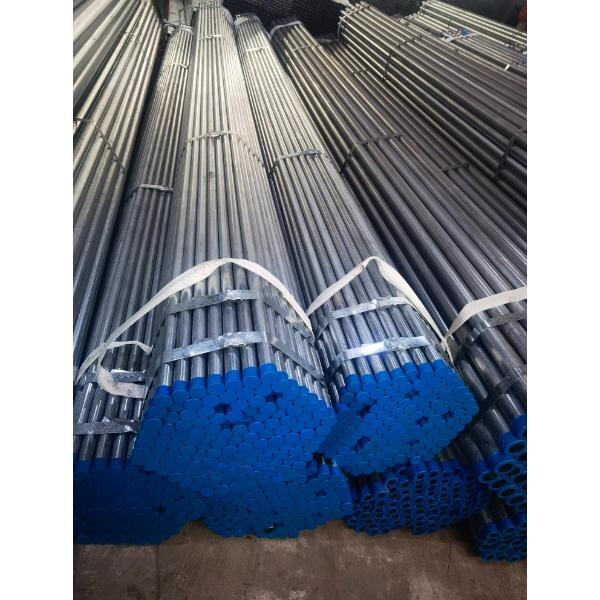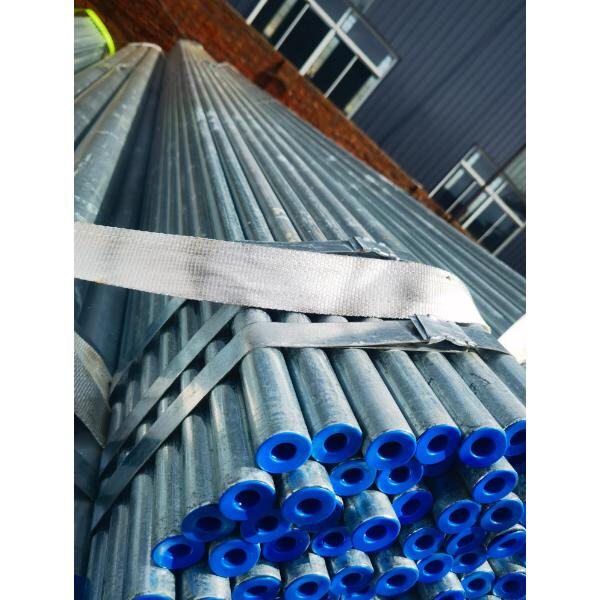Room 1208, Xinyu Building, Jinghai District, Tianjin, China [email protected] +86-131 02275678
If you are looking for a reliable, long-lasting means of protecting your electrical wires in your home or office, you should definitely consider seamless steel square tubing These tubes, formed of galvanized iron, are designed to encase electric wires and protect them from injury. We will cover GI electrical pipes, their advantages, how to install them without any hassle and along with that how they compete with other kinds of pipes.
There are many advantages of using gi pipe heavy duty First, they provide your electrical cords with excellent protection, reducing the possibility for both damage to the cord and shock. And they can keep heat at bay too, so they perfect for hot destinations. And GI electrical pipes are easy to install and maintain, which saves you time and money later.

GI electrical pipes are easy to install. First, make sure that hot dip gi pipe you have everything you need, the pipes, the connectors, and even the tools. Next, plot the course of your wiring system and determine the best route for the pipes. When you are prepared, press the pipes together with the connectors and tighten. In the end, test the system to ensure it runs smoothly.

Protecting your electrical wires has a few different gi pipe for lpg gas, like PVC, steel, and aluminum pipes. GI electrical pipes are best though, because they are sturdy, they can take the heat, and because installation is a piece of cake. PVC pipes may be cheaper, but they aren’t built to last and can wear down over time. Steel pipes are strong as well, but they can be difficult to install and can rust. Aluminum pipes are light and convenient to use, but not as protective as GI electrical pipes.

While GI electrical pipes are resistant and durable is some issues can occur. One is corrosion, which can occur if the pipes become wet or are exposed to chemicals. To avoid this, look out for rust on the pipes, and replace any broken parts. Another problem can be that it kinks/bends during installation. So, to avoid this, get the right tools and know the best techniques, and don’t be too hands with the pipes.
With multiple production lines including 3 hot-dip galvanizing lines and 4 hollow section lines, we boast an annual output of 200,000 tons of galvanized, ERW, seamless, and shaped steel tubes to meet diverse industrial demands.
We are ISO9001 certified and implement strict quality control from raw material to finished product, including dimensional checks, zinc coating tests, and support for third-party inspections (SGS, BV, TUV) to ensure compliance and reliability.
Guided by a "Reputation-based mutual benefit" philosophy, we offer cost-effective solutions without compromising quality, backed by experienced technical and sales teams who provide responsive pre- and post-sales support worldwide.
Strategically located near Tianjin Xingang Port, one of Northern China's major international ports, we benefit from superior transportation connectivity, enabling efficient global export and supply chain management.

Copyright © Tianjin Teni Import & Export Co.,Ltd All Rights Reserved - Privacy Policy - Blog